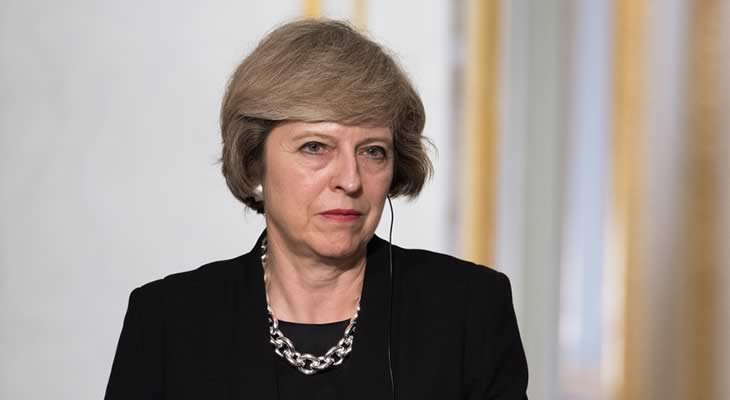The Pound edged slightly lower against the Rand today owing to continued Rand appreciation following the fallout of last week’s Federal Reserve interest rate.
The future may see an extension of losses for the GBP/ZAR currency pair as Brexit negotiations get underway after Article 50 is triggered.
Expected to occur next week, the activation of Article 50 will officially begin Brexit proceedings as the UK starts on its long path to exiting the EU.
Already lowering expectations of the Brexit process has been the Institute for Government (IFG), which has warned that the Houses of Parliament may have to work through up to 15 bills in order to finally implement Brexit.
The IFG estimates that this could be;
‘a huge burden [on the government and] will leave very little space for non-Brexit related legislation’.
As well as being a potentially unavoidable spectacle in Parliament, the IFG has also highlighted that MPs and peers may be forced to rush through bills without the proper scrutiny. IFG Director of Research Dr Hannah White explains;
‘The legislation required for Brexit will leave little parliamentary time for anything else and making a success of it will require a large volume of bills and secondary legislation to be passed by Parliament against a hard deadline. It will be a challenge for both the government and Parliament to do all this while still ensuring full scrutiny and leaving room for the government’s domestic policy agenda’.
If it looks like Brexit is becoming a serious burden on the UK’s functionality, then the Pound could steadily slide against the Rand.
Recent Rand gains against the Pound have come from a downgrade of Fed rate hike estimates in 2017, which weakened the US Dollar last week and increased demand for higher-risk currencies.
The Rand may fail to extend recent gains, however, if domestic GDP forecasts don’t live up to expectations.
G20 predictions have the South African economy growing by 1.1% in 2017, despite it recording a mere 0.3% rise in 2016.
As well as President Jacob Zuma remaining a threat to South African economic stability, the odds of 2017 growth matching with forecasts are further lowered by the continuous fluctuation of nationally-important precious metal prices.
If South Africa suffers further economic setbacks in the months ahead, the Rand is likely to be pressured lower against rivals like the Pound.
Recent Interbank GBP ZAR Exchange Rates
At the time of writing, the Pound to Rand (GBP ZAR) exchange rate was trading at 15.73 and the Rand to Pound (ZAR GBP) exchange rate was trading at 0.06.


Comments are closed.